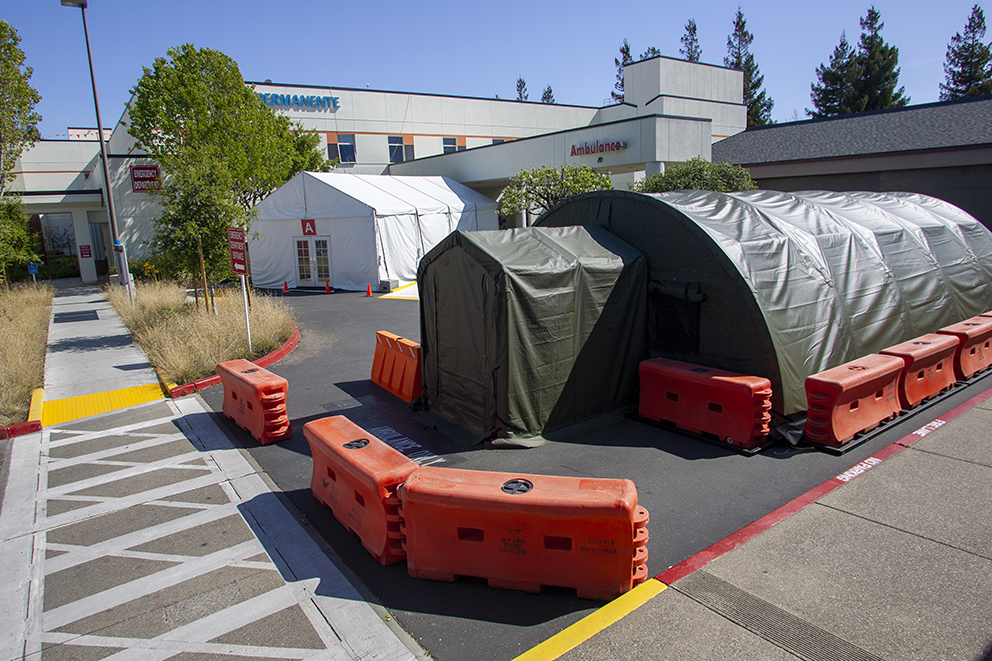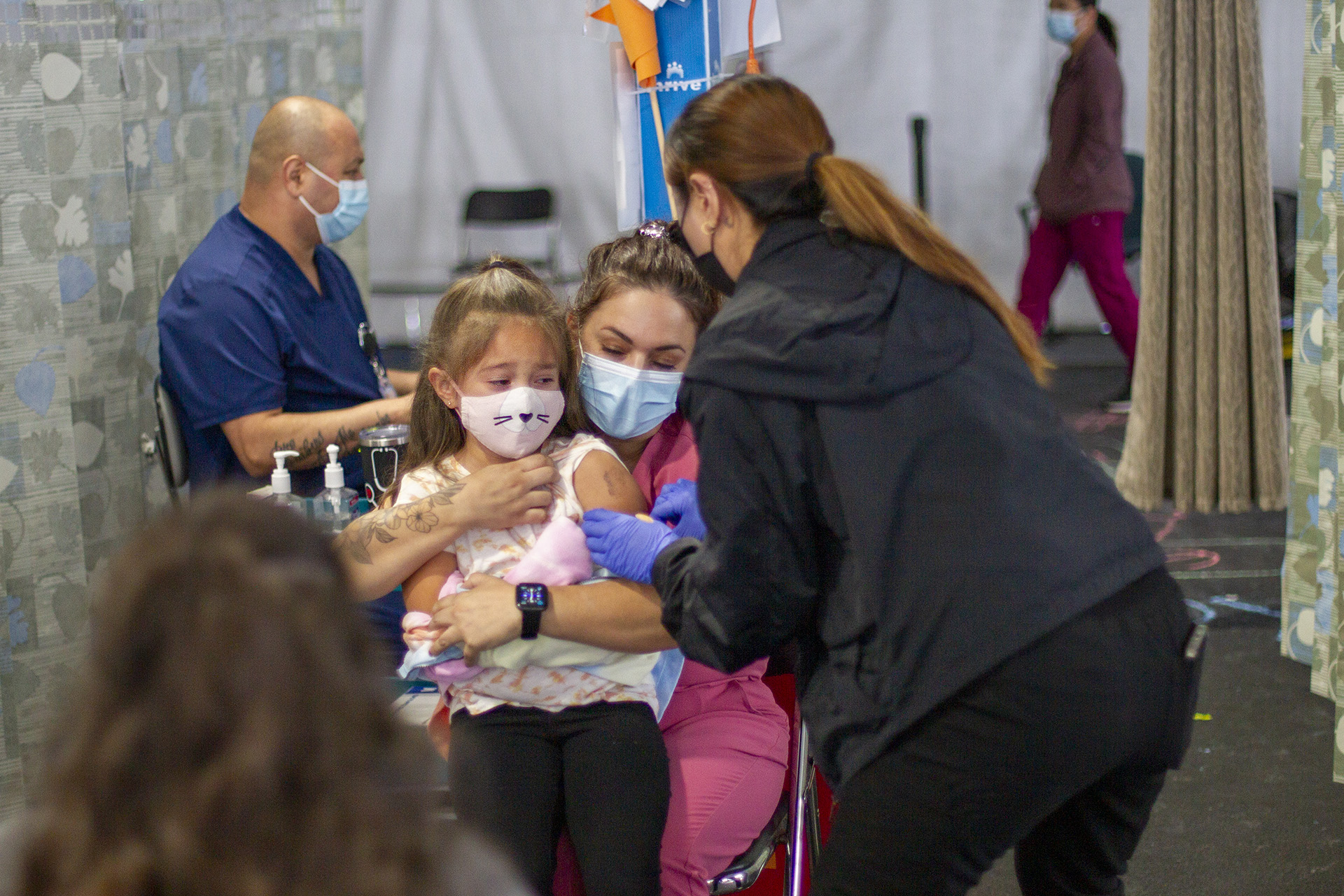March 11, 2022, marks the 2-year anniversary of the World Health Organization’s official declaration of the COVID-19 global pandemic. Currently, COVID-19 cases in Northern California continue to drop, and Kaiser Permanente has administered more than 10.5 million COVID-19 vaccines and boosters, marking the beginning of what some health experts are calling an endemic — the constant but manageable presence of COVID-19.
Kaiser Permanente psychiatrist Kathryn Erickson-Ridout, MD, PhD discusses the mental health impacts of the pandemic and ways people can find emotional strength to navigate life while coexisting with COVID-19.
The mental health impact of the COVID-19 pandemic
A recent Gallup poll reported that nearly 38% of Americans are dissatisfied with multiple aspects of life, including 24% who indicated they were not happy, a record low.
“Across the world and in Kaiser Permanente the pandemic has had a significant impact on mental health,” Dr. Erickson-Ridout said. “The number of patients seeking mental health services for stress, anxiety, and depression has risen dramatically.”
“There has been a sharp increase in substance abuse disorder cases and diagnosable mental health disorders.” Dr. Kathryn Erickson-Ridout
Whether it’s job insecurity, financial stress, loss of a loved one, or the lack of basic needs, the environment resulting from the pandemic is prime to cause lasting mental health issues, though it’s unclear the severity or timing.
“The mental health effects of the pandemic have and likely will continue to hit people at different times and in different ways,” she said.
Historically, other public health crises such as natural disasters have been associated with increased rates of substance use, post-traumatic stress, and depression, Dr. Erickson-Ridout said.
Living with endemic COVID-19
Recently, Stephen Parodi, MD, associate executive director of The Permanente Medical Group and national infectious disease leader for Kaiser Permanente, said the endemic does not mean that COVID-19 has becomes less infectious or been eradicated.
It’s still vital to follow the Centers for Disease Control and Prevention guidelines surrounding COVID-19, which include getting vaccinated, getting tested if you have symptoms, and wearing a mask when appropriate.

Over time, people have understood how to protect themselves from the flu and what to do if they’re infected, which has become second nature. Dr. Parodi is hopeful that people can develop a similar relationship with COVID-19.
“COVID-19 is different from the flu, and we have to treat it differently from the flu. But the flu gives us a little bit of an outline,” said Dr. Parodi.
How to mentally move forward and coexist
Since COVID-19 is here to stay, it’s important to learn how to foster positive emotions and build resilience and grit. The first part of that is acceptance of uncertainty. It can help lessen the feeling of impending doom and the focus on “what if” scenarios.
Other guidance is “Engage in activities that increase your personal joy, whether that’s nature, time with loved ones, or creativity. Prioritize living a healthy lifestyle of daily exercise, a diet of whole foods, and getting enough sleep,” Dr. Erickson-Ridout said.
Connecting with people is also influential in retaining normalcy. Reach out to your friends and family, make time to safely see people, or find a community with which you can share your passions or hobbies.
Lastly, help manage stress with meditation, mindfulness, and self-care. Try the Calm meditation digital tool, which is free to all members, or visit Find Your Words, packed with well-being resources and ways to gain emotional and mental strength.
When to seek clinical care
Dr. Erickson-Ridout advised getting help when you feel you need it. Mental health symptoms become diagnosable when they begin to interfere with your daily life and functions.
“If your depression or stress is affecting your ability to do your daily activities, such as work or sleep, it’s time to get help.”
Get care or learn more about mental health at Kaiser Permanente.




